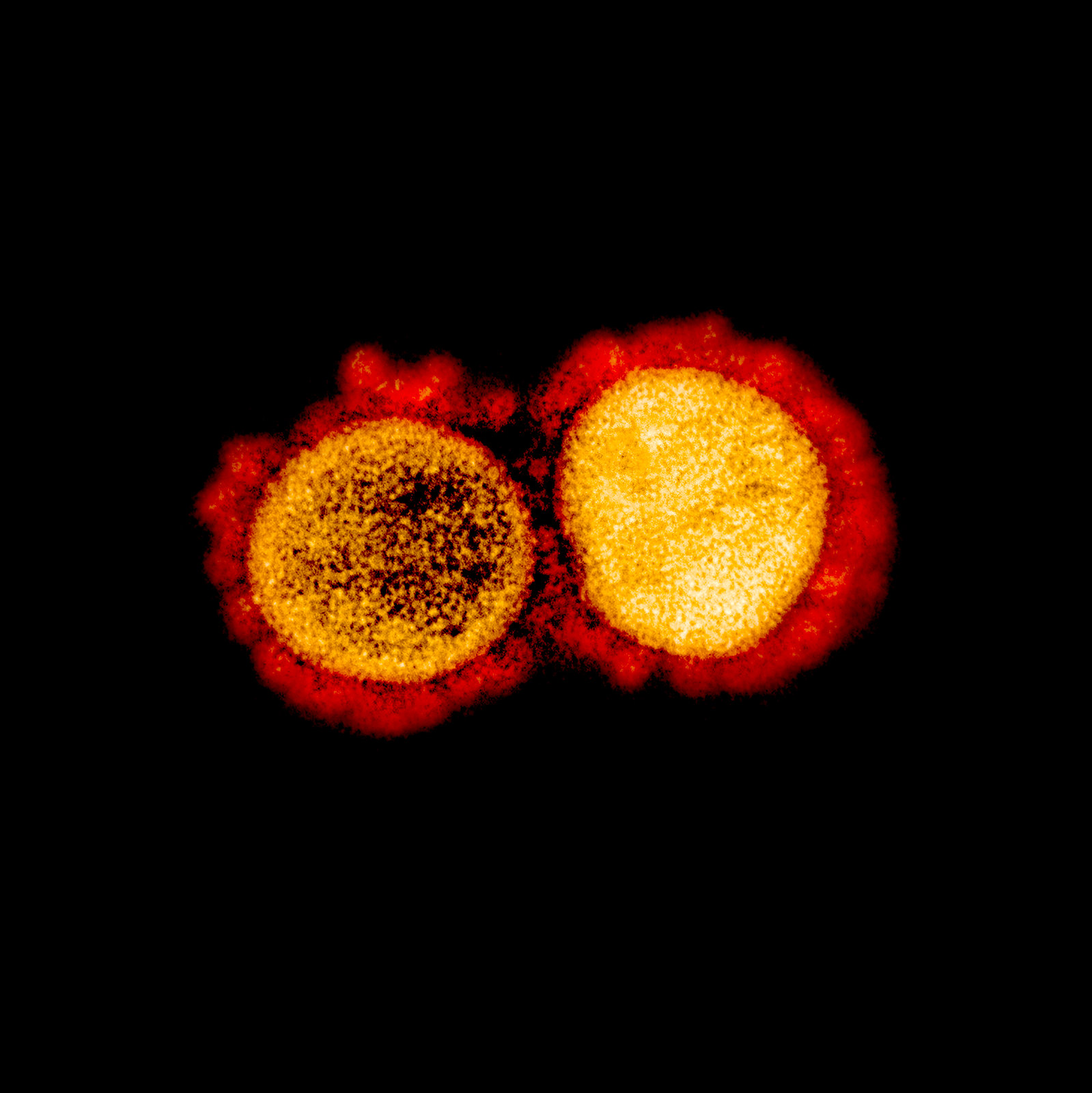Pfizer begins clinical trials of COVID-19 antiviral pill

Pfizer has begun clinical development of an antiviral pill against COVID-19, which could be prescribed to patients at the first sign of infection.
The company was the first to get a vaccine approved against the disease with BioNTech and is now aiming to make a pill that could prevent it escalating once patients are infected.
Being able to manage coronavirus infections and prevent hospitalisations and death would have huge benefits for wider society as well as patients after more than a year of lockdowns to control the pandemic.
While vaccines are helping to bring cases down in countries that have been able to quickly roll them out, they are not 100% effective and a minority of people have refused to take them.
PF-07321332 is a protease inhibitor, which has been able to block replication of the SARS-CoV-2 coronavirus in preclinical trials as well as other coronaviruses.
This could also allow it to be used as a therapy to tackle other potential coronavirus threats.
Protease inhibitors bind to a protein that is essential to viral reproduction and are already used to other viruses such as HIV and hepatitis C, alone and in combination with other drugs.
The class is not associated with any particular toxicity, meaning the drug is likely to be well tolerated, Pfizer said.
The phase 1 trial is a randomised, double-blind, sponsor-open, placebo-controlled, single- and multiple-dose escalation study in healthy adults evaluating the safety, tolerability and pharmacokinetics of PF-07321332.
Pfizer is also looking at trialling an intravenously administered protease inhibitor, PF-07304814, which is currently in a phase 1b multi-dose trial in hospitalized clinical trial participants with COVID-19.
Mikael Dolsten, chief scientific officer at Pfizer, said: "We have designed PF-07321332 as a potential oral therapy that could be prescribed at the first sign of infection, without requiring that patients are hospitalized or in critical care.
"At the same time, Pfizer’s intravenous antiviral candidate is a potential novel treatment option for hospitalised patients. Together, the two have the potential to create an end-to-end treatment paradigm that complements vaccination in cases where disease still occurs."
Feature image courtesy of Rocky Mountain Laboratories/NIH












